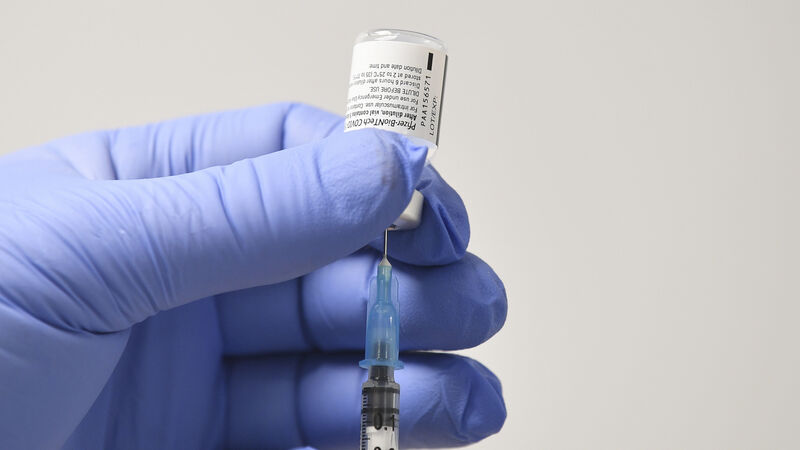Pfizer Covid vaccine 88% effective against the Indian variant

The study, which took place between April 5 and May 16, found that the Pfizer vaccine was 88% effective against symptomatic disease from the Indian variant two weeks after the second dose, compared with 93% effectiveness against the UK strain.
The Pfizer coronavirus vaccine is 88% effective against the Indian variant after two doses, a study by Public Health England (PHE) has found.
Both the Pfizer and AstraZeneca jabs were found to be almost as effective against symptomatic disease from the B1617.2 strain as they are against the UK variant after the second dose.











